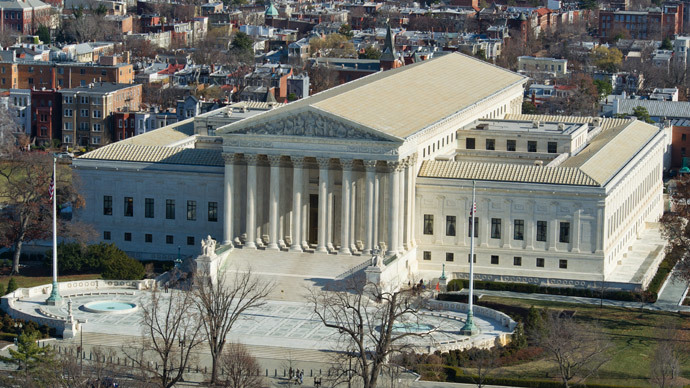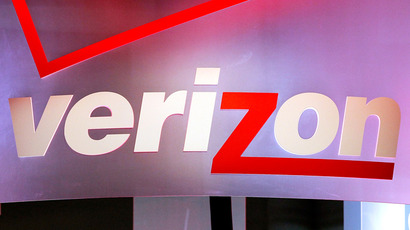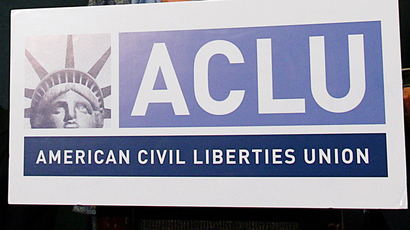Supreme Court refuses to make early ruling in NSA case

The United States Supreme Court said Monday that it won’t be weighing-in at this time on a case that challenges the constitutionally of the National Security Agency’s bulk metadata collection program.
Instead, the country’s high court said that plaintiff Larry Klayman will have to wait to have his case heard there pending the results of a lower court’s eventual ruling.
Klayman — a conservative lawyer and former Justice Department attorney — sued the NSA over the once-secret surveillance program last June shortly after leaked documents disclosed by intelligence contractor Edward Snowden showed that the US government has been routinely compelling telecommunication companies for the phone records of millions of Americans on a regular basis.
Judge Richard Leon of the US District Court for the District of Columbia said in December that the NSA program “implicated the Fourth Amendment” and was “almost Orwellian” in nature. He issued a stay with his ruling, however, due to what he called “the significant national security interests at stake in this case and the novelty of the constitutional issues.”
Leon said then that he expected the appellate process to last at least six months, prompting Klayman to file a petition with the Supreme Court that insisted his case be heard there ahead of any activity on the appellate level — a request that is rarely granted by SCOTUS.
Nevertheless, Klayman wrote in his petition for a writ of certiorari last year that “This case is of such imperative public importance that it justifies deviation from normal appellate practice and requires immediate consideration and determination in the Supreme Court.”
On Monday, the high court said simply that Klayman’s request had been denied, putting the fate of the matter back for now in the hands of the federal appellate courts.
According to Ars Technica journalist Dave Kravets, legal scholars had predicted that Klayman's petition would be rejected by the Supreme Court.
“Still, there was a glimmer of a chance that the justices would have accepted Klayman's case and decided the outcome of what is likely the biggest constitutional crisis the Supreme Court has been presented with in the digital age,” he wrote.
“The high court's inaction Monday means the future of the phone surveillance program will most likely play itself out in the political theater before the judicial arena. Section 215 of the Patriot Act, the stated provision allowing the bulk collection, expires June 1, 2015,” Kravets added.
Meanwhile, US President Barack Obama said last month that Congress should draft legislation that would mandate that the NSA no longer hold onto those call records and would instead have to turn to the Foreign Intelligence Surveillance Court to approve requests to telecommunication companies on an individual basis.
A separate case filed against the NSA program by the American Civil Liberties Union last June in a different district court was initially shot-down by a federal judge. The ACLU has since appealed.
Mr. Klayman did not immediately respond to RT’s request for comment Monday morning.














